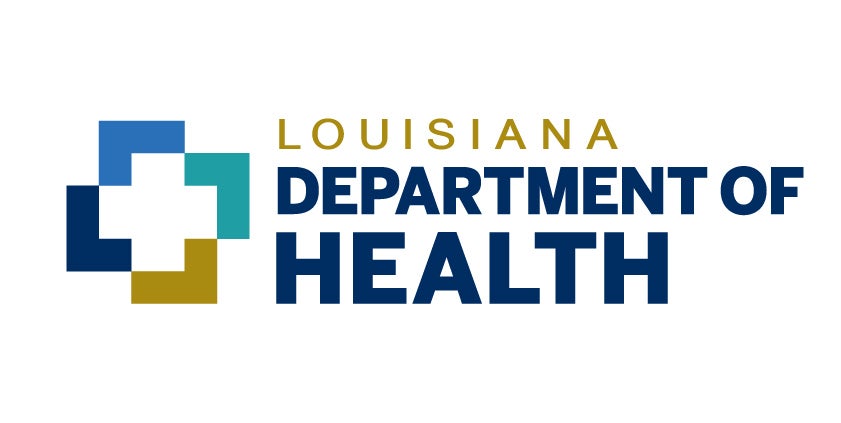Hodnette: How to build a stronger stomach
Published 12:00 am Saturday, August 29, 2020

- Christopher Hodnette, MD
|
Getting your Trinity Audio player ready...
|
Many people suffer from various forms of digestive health issues. While some may have diarrhea, others may have constipation. Heart burn may limit your activities, while irritable bowel syndrome may compromise someone else’s ability to enjoy daily life.
While there is no single answer for better stomach health, there are a number of tips that everyone can follow to toughen up their gut:
Manage your stress. This is one of the best and possibly most underrated things you can do for good stomach health. Constant worrying can disrupt the function of your digestive tract, throw off how you process the food you’ve eaten and alter the types of food you desire to eat.
For example, when you are stressed, you may crave more comfort food that may cause irritations. As a balance, look for outlets such as exercise, yoga or hobbies that will help you relax.
Don’t overeat – especially before bed. Overeating and eating too late at night is a huge culprit for many stomach problems, especially for painful acid reflux and bouts with diarrhea. The goal should be to limit portion sizes, especially when eating spicy or fried foods, and not eat at least 3-4 hours before going to bed.
Laying down too soon after eating a large meal doesn’t allow for proper digestion time and can back up into your esophagus, creating reflux that will prevent you from sleeping soundly.
Eat fiber. Fiber is a great addition to your diet because of its ability to keep your overall digestive system flowing properly. According to the American College of Gastroenterology, the recommended daily fiber intake should be 20-35 grams, and regular fiber can help manage conditions such as chronic constipation, irritable bowel syndrome, elevated cholesterol and even hemorrhoids.
Great sources are whole wheat and grains, cereals and fruit. Always make sure you drink plenty of fluids and be sure to gradually increase fiber intake if you are currently not getting enough.
Limit caffeine and carbonated beverages. Both caffeine and carbonated beverages can contribute and aggravate a stomach, especially if drinking either on an empty stomach. Caffeine in particular can alter the amount of stomach acid needed to help break down food while the bubbles in carbonation can lead to reflux or flatulence as a release mechanism.
Know your medications. It is extremely important to know how medications you are taking may affect your stomach. Some must be taken with food while others can be taken on an empty stomach. In addition, the timing of when you take your medication may be important, so always talk to your doctor if you have any medication questions or if you are having any adverse reactions while taking them.
Dr. Christopher Hodnette received his undergraduate degree from Louisiana State University in Baton Rouge. He then went on to earn his medical degree from Tulane University School of Medicine in New Orleans. Following graduation, he completed his internship and residency in internal medicine at Baton Rouge General Hospital.Dr. Hodnette returned to Tulane to complete his fellowship in gastroenterology. He is board certified by the American Board of Internal Medicine and Gastroenterology. He has been on staff at Ochsner since 2019. To schedule an appointment with him at Ochsner Health Center- River Parishes, 502 Rue de Santé in LaPlace, please call 985-652-3500 or schedule online at www.ochsner.org.





